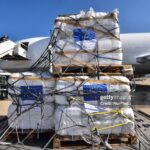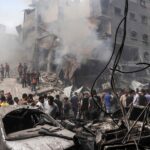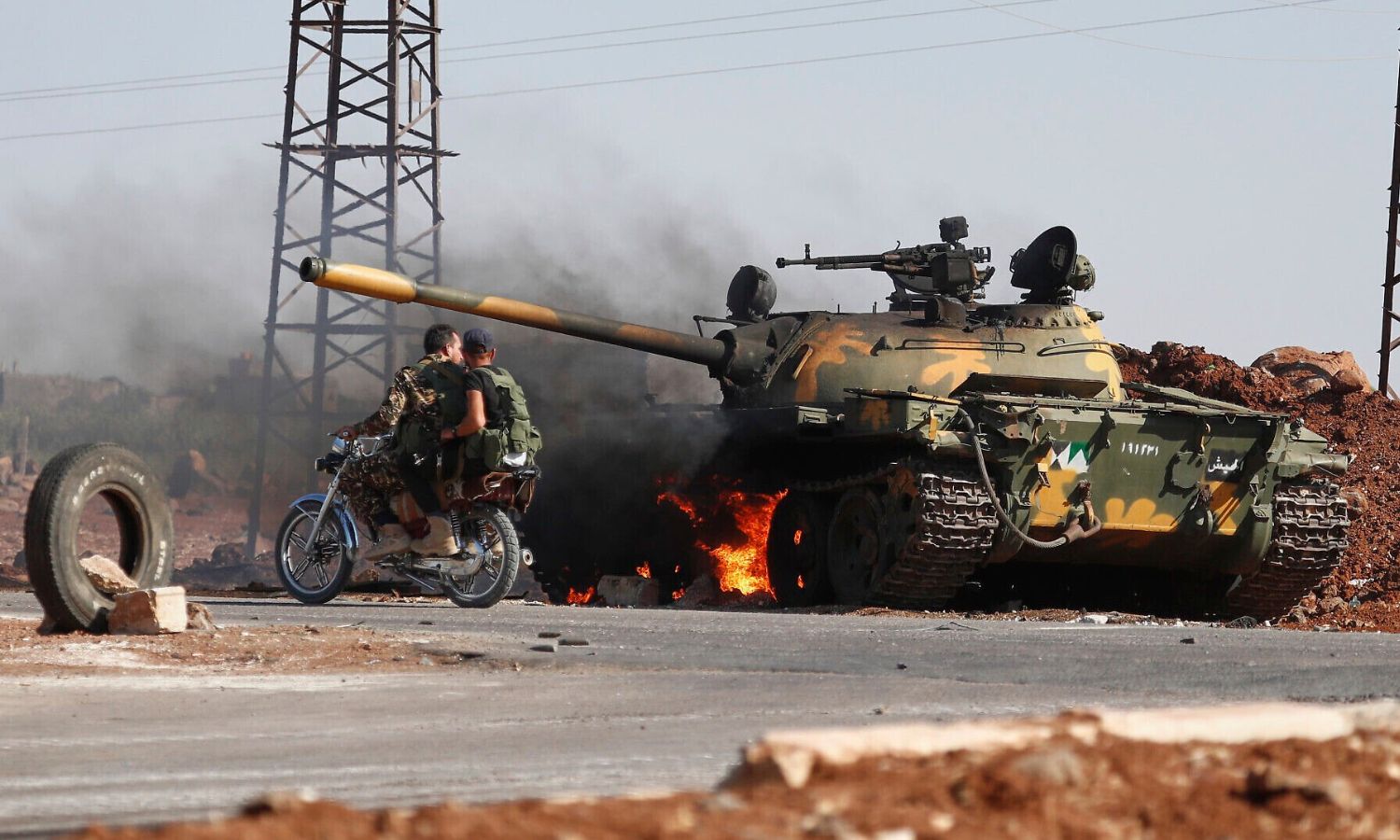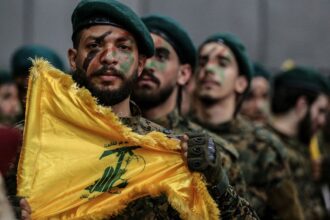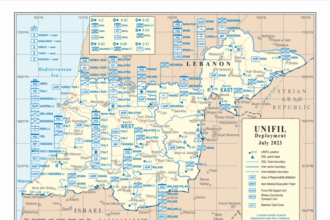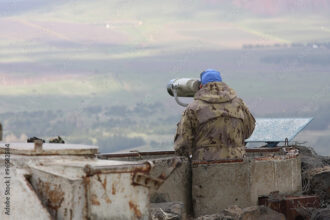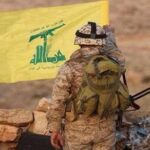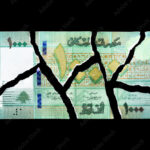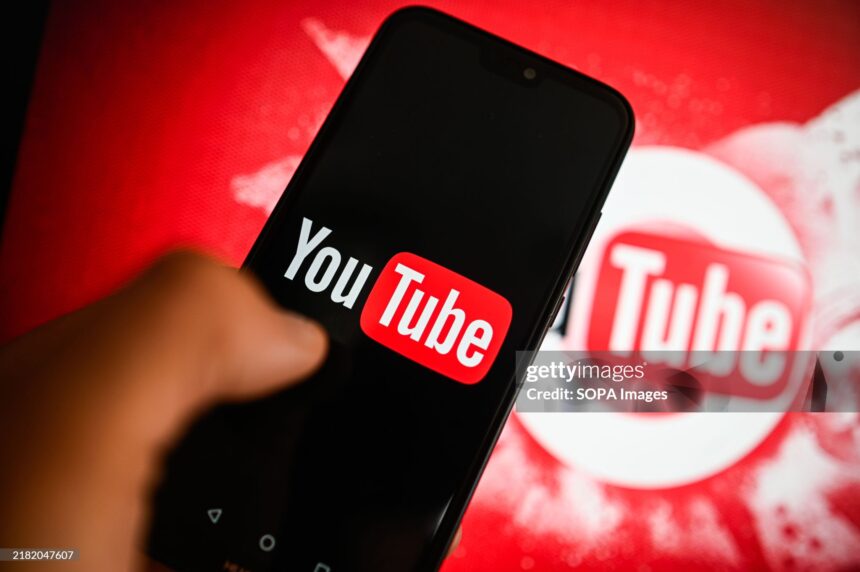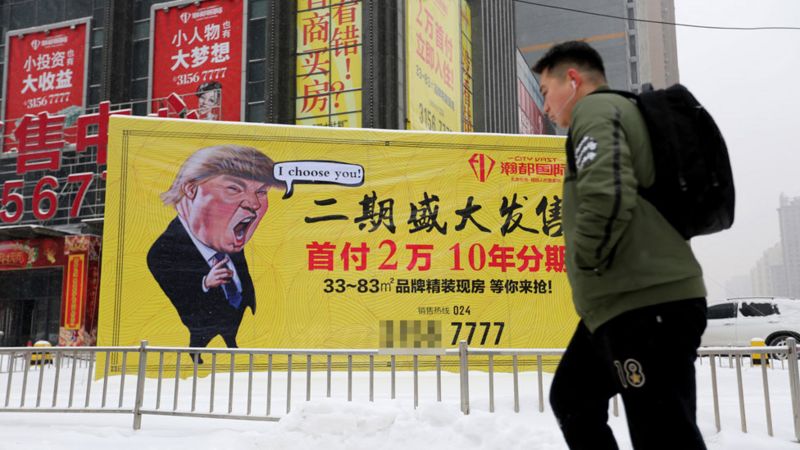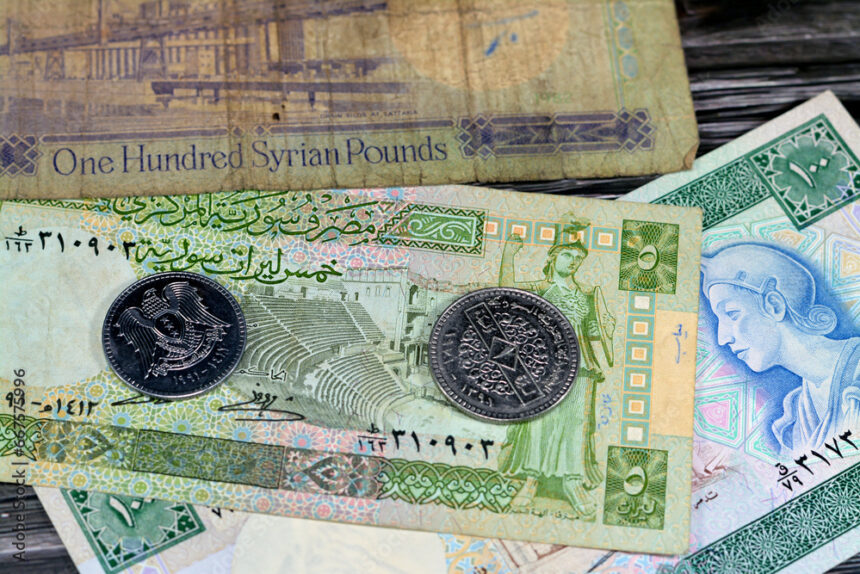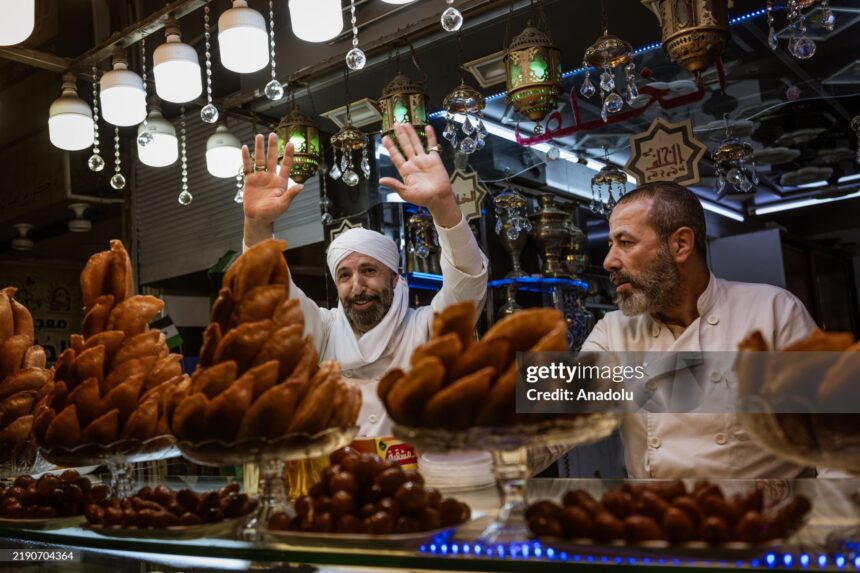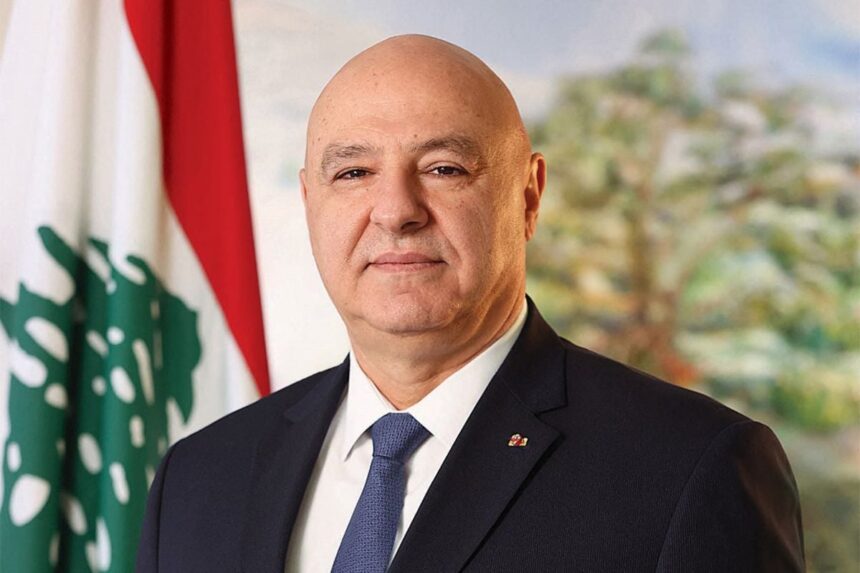Part 1
Part 2
Read Part 3
“We’re here because Lebanon’s pluralism is worth protecting. This country represents the best of the Middle East—if it’s allowed to flourish without weapons in the hands of factions.”
—Senator Lindsey Graham, Baabda Presidential Palace, August 2025*
In the shadows of the Levant’s fractured geopolitics, where allegiances shift as quickly as borders dissolve, the recent ramp-up of U.S. military support to the Lebanese Armed Forces (LAF) has drawn the attention of analysts and regional actors alike. While framed as support for state sovereignty and counter-terrorism, a deeper examination suggests a more strategic—and controversial—objective: leveraging military aid to weaken Hezbollah’s position under the guise of state empowerment and minority protection.
The Quiet Surge in U.S. Military Support
Over the past 18 months, the U.S. Department of Defense has increased deliveries of precision weapons, surveillance equipment, and tactical vehicles to the Lebanese Army. In 2024 alone, over $200 million in aid was delivered, including fresh shipments of advanced artillery systems, night vision gear, and airlift capabilities previously denied to Lebanon for fear of “compromising security.”
Official statements from U.S. Central Command (CENTCOM) assert that the aid is aimed at bolstering the LAF’s capacity to combat extremist threats along the Syrian border and to stabilize internal unrest. But a confidential source within Lebanon’s Ministry of Defense suggests otherwise: “This isn’t about the Syrian border anymore. This is about the balance of power internally. Washington wants to tilt the scales.”
Blackmail in a Diplomatic Mask?
Multiple diplomatic cables reviewed by this publication, including leaked transcripts of meetings between U.S. and Lebanese officials, reveal a persistent condition attached to expanded aid: the gradual containment—and eventual disarmament—of Hezbollah.
One cable dated March 2025 reads: “Any further strategic armament of the LAF must demonstrate an actionable plan to ensure weapons do not end up in the hands of Hezbollah-linked units. This includes reassigning certain commanders and restructuring mixed battalions.”
Critics argue that this pressure constitutes a form of soft blackmail, one that exploits Lebanon’s economic desperation and fragile state institutions to push an anti-Hezbollah agenda. As one Beirut-based analyst put it: “Washington knows Lebanon can’t say no. They’re using weapons as leverage—plain and simple.”
The Minority Protection Card
More curiously, U.S. rhetoric has increasingly leaned on the language of protecting religious and ethnic minorities—a familiar script in Western interventions. High-profile statements from U.S. lawmakers and think tanks have warned of Hezbollah’s “intimidation of Christian enclaves,” “undue influence over Druze leadership,” and “infiltration of Sunni communities.”
These concerns have been echoed in Congressional hearings, where arming the Lebanese Army has been framed not only as a counter-terrorism measure but also as a “means to ensure pluralism and protect vulnerable populations.” To some observers, this signals a deliberate use of minority protection narratives as a moral justification for a broader strategy of isolating Hezbollah.
But to many inside Lebanon, this rhetoric feels disingenuous. “Minority protection has become a code word for regime change tactics,” says Dr. Lina Barakat, a political science professor at the American University of Beirut. “We’ve seen this playbook in Iraq and Syria—fuel sectarian fears, then arm one side in the name of stability.”
Hezbollah’s Response
Unsurprisingly, Hezbollah has not remained silent. In a fiery speech in July 2025, Secretary General Hassan Nasrallah accused the U.S. of turning the LAF into a “proxy force” and warned that “any attempt to use the army as a tool against the Resistance will lead to grave consequences.”
The statement is more than bluster. Hezbollah’s deep entrenchment within Lebanon’s political system—and its own parallel arsenal—means that any confrontation between the LAF and Hezbollah would risk plunging the country into a new civil conflict.
A Fragile Game of Balances
For now, the Lebanese government is walking a tightrope—accepting aid from the U.S. while publicly insisting on preserving national unity and refraining from antagonizing Hezbollah. But as the scale and scope of U.S. assistance grows, so too does the pressure to deliver on Washington’s unstated expectations.
The result is a fragile, combustible scenario: a national army being armed to the teeth, a dominant militia refusing to disarm, and foreign powers pushing conflicting agendas through the veins of a collapsing state.
If history is any guide, Lebanon’s tragedy has never been the lack of weapons—but the abundance of foreign hands directing where they point.
Sources:
Statements by Hezbollah Secretary General Hassan Nasrallah (July 2025)
Leaked diplomatic cables (March 2025, May 2025)
U.S. Congressional Hearing on Middle East Security (April 2025)
Interviews with Lebanese Ministry of Defense officials and Beirut-based analysts



